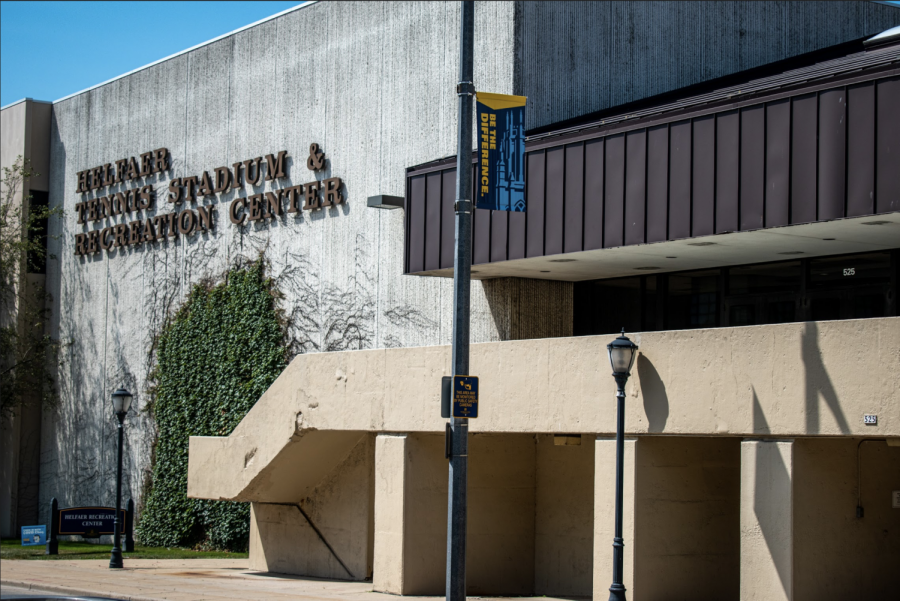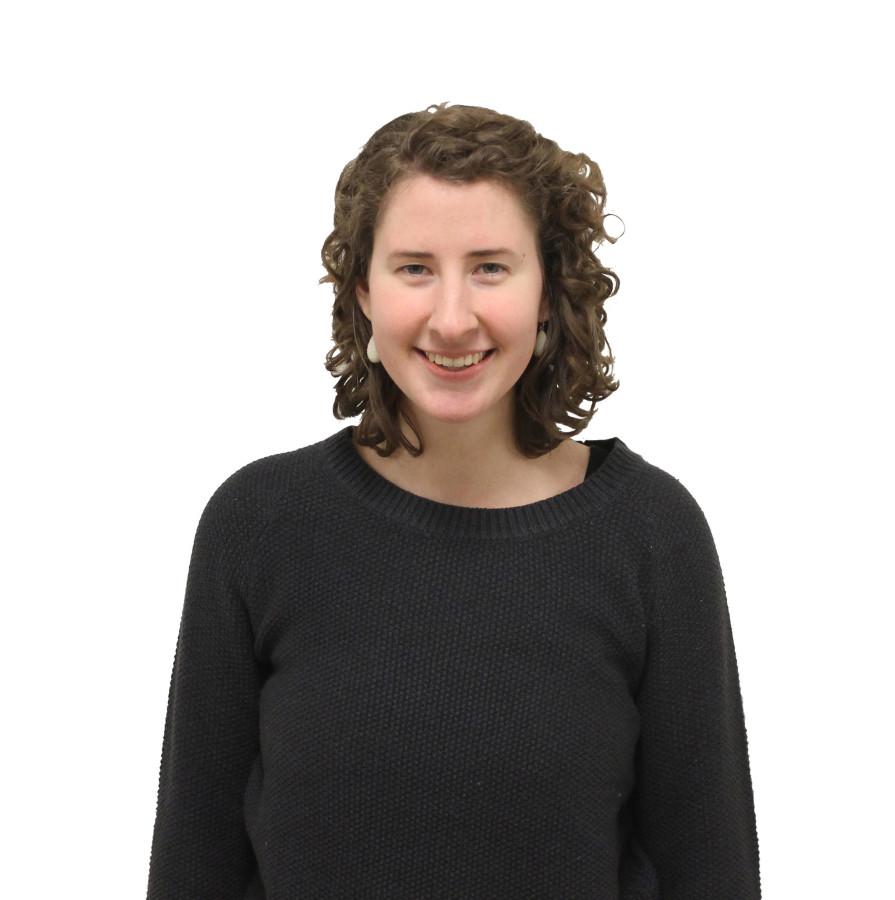Since the university’s closure March 18, Marquette has dedicated an entire COVID-19 taskforce to take on the responsibility of ensuring campus safety for students to return. It has taken into account student, faculty and staff voices into the decision.
Marquette University announced Aug. 5 that classes will begin Wednesday, Aug. 26 after months of meetings and town halls.
However, after many major campuses, including the University of North Carolina – Chapel Hill, University of Notre Dame and Michigan State University, shifted to online formats after surges in cases, university leaders have reminded students what is currently at stake.
“We all need to understand the seriousness with which you, and every member of the Marquette community, must take our public health and safety requirements,” University President Michael Lovell said in a letter addressed to students. “We’re seeing at college campuses across the country that mistakes by a few are having large impacts on many.”
Lovell said in his letter that he encouraged students to participate in less risky outdoor activities and university-sponsored events that maintain social distancing.
“Certainly, recent events illustrate the challenge that we are facing,” John Mantsch, professor and chair of Marquette’s Biomedical Sciences Department, said. “While every situation is different, it ultimately is going to come down to student behavior and choices.”
He said that a majority of transmission will likely occur off-campus. Students will have to think not just about the value of in-person education, but the well-being of others. Mantsch said that the best way to demonstrate that appreciation is by abiding by guidelines set in place by the university and Milwaukee, like wearing a mask and social distancing.
Mantsch also said that because of the university’s classroom and IT infrastructure, faculty training and student support put in place because of the pandemic, the university is generally prepared to provide safe instruction. He also said that sufficient testing and contract tracing, personal protective equipment supply, and ample space to quarantine play a big role in whether or not the university is ready to ensure that safe instruction.
“The best that we can do right now is wait and see and be prepared to pivot as needed,” said Mantsch.
Tom Hansberger, a graduate student in the College of Arts & Sciences and member of the Academic Worker’s Union said that the university’s response to the coronavirus pandemic is “not adequate.”
Hansberger said that the university’s decision to not test every students upon arrival and their choice to only test students who are symptomatic and those who have been in contact with those who are infected is ineffectual.
“Something that would be a much better coronavirus response plan would be … testing everyone on campus, twice a week,” Hansberger said.
Hansberger also said the response has been inadequate due to poor communication between students, staff and administration on the choice to opt-out of in-person instruction.
He also expressed concern for himself and other co-workers who are graduate assistants or non-tenured faculty. Some may not have health insurance and are still being asked to teach in-person amidst a global pandemic.
“They’re taking the lions share of the risk,” Hansberger said. “That’s just absurd.”
The University of Notre Dame tested all of their students before allowing them to return to campus and within 8 days, and still transitioned to an entirely online format. Due to Marquette’s decision to not test students, Hansberger said he expects Marquette to see the same fate.
“It’s unimaginable that the results would be any different at Marquette when other universities have reopened with a hybrid model with … even more stringent safety measure (than Marquette) and still have large enough outbreaks of hundreds of people, that have forced them to take their entire semester online,” Hansberger said. “I think it’s important to remember that we in Milwaukee have more cases and a higher rate of the spread than when we originally shut down in March.”
The number of cases the city of Milwaukee on March 18, when the university shut down, was 34. As of Monday, that number is over 23,000 confirmed cases.
James Friel, associate director of Recreational Sports, is making sure the Rec Center and RecPlex are safe for students as soon as they return to campus by working closely with the COVID-19 response team.
Currently, social distancing and masks are required within the buildings at all times. Normal semester hours resumed Aug. 24, and recreational sports resumed Aug. 21.
“Much like moving into a residence hall, dining in a cafeteria or hanging out at the AMU, there are risks coming to our recreational facilities during a pandemic,” Friel said. “However, we have taken several steps to make it a safer place and to reduce the risk of any spread.”
Friel said that is very important for students to show “cura personalis” during this time and that students can trust that Marquette University Recreational Sports will be doing their best to ensure everyone is safe on campus.
“You can’t see our smiles under our masks, but we are very happy you are back on campus,” Friel said.
This story was written by Benjamin Wells. He can be reached at benjamin.wells@marquette.edu.






